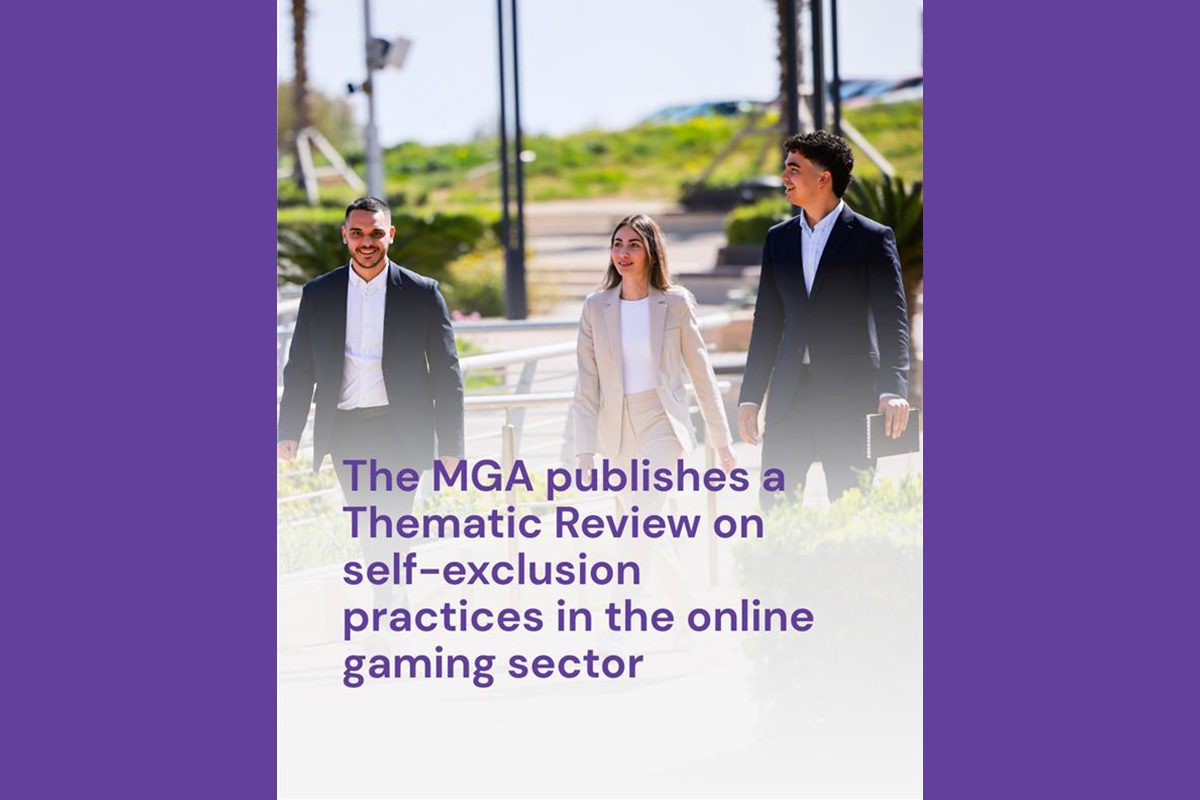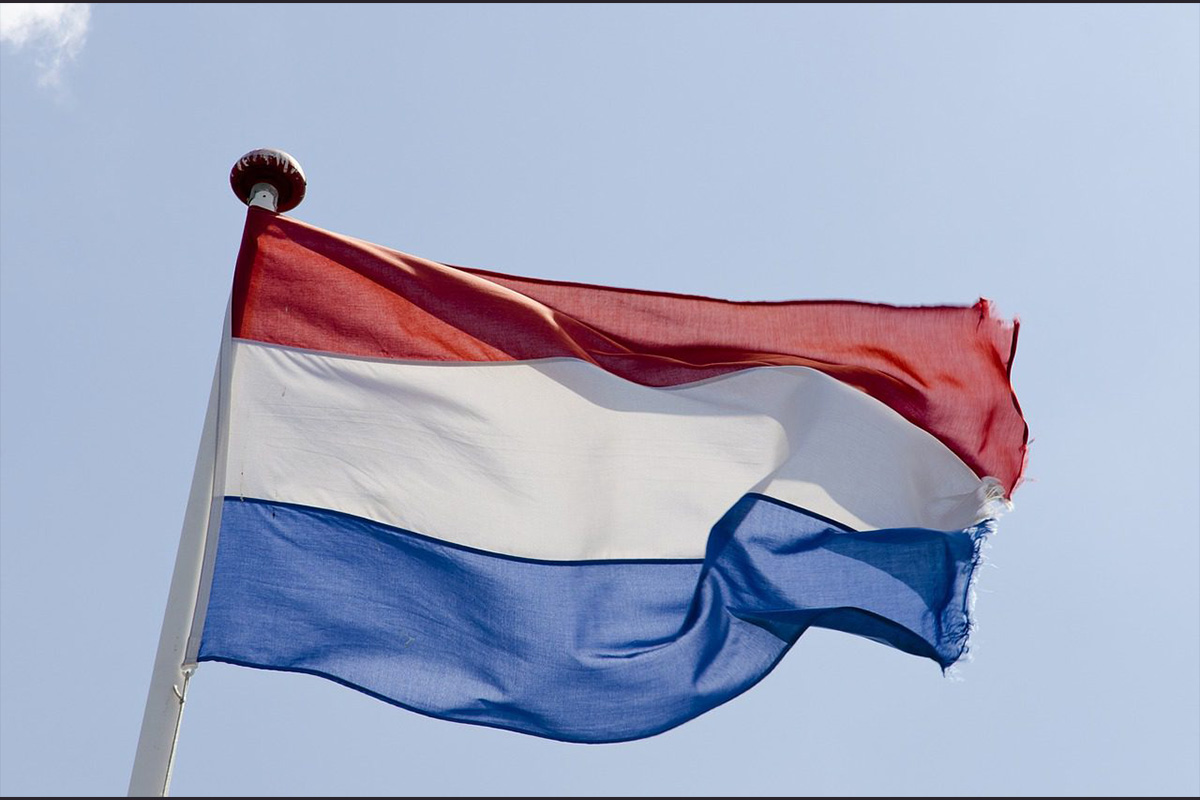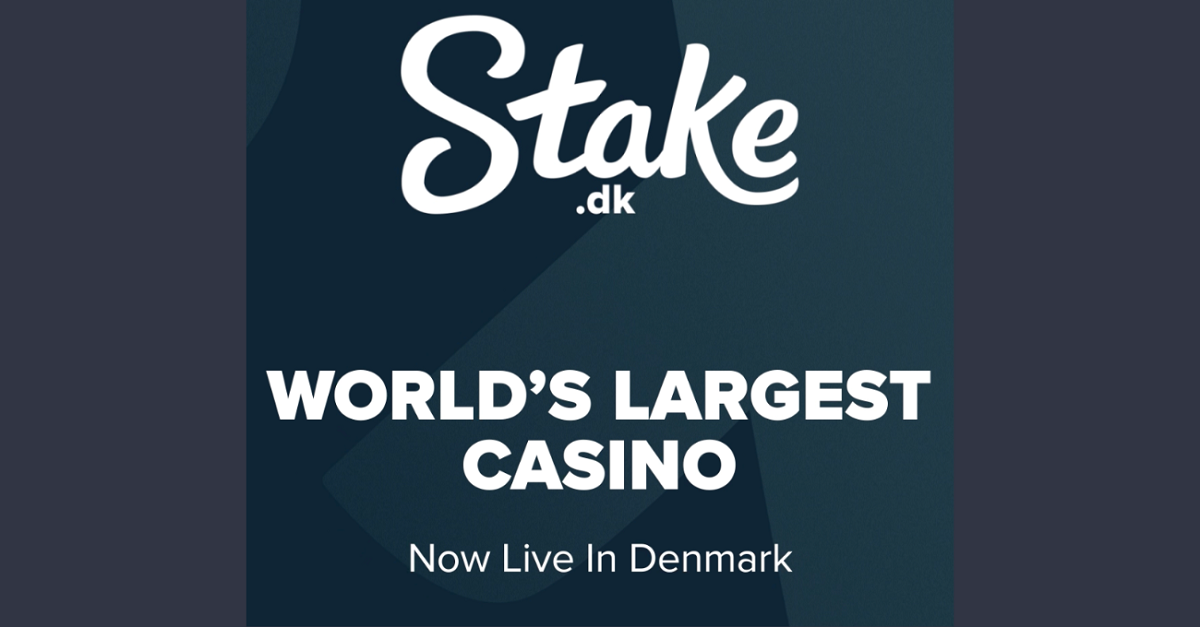Compliance Updates
How New Gaming Legislation Affects Gaming at Online Casinos

When most people place a bet at online blackjack, they expect a winning hand. Slot fans want to hit the jackpot while roulette players hope the wheel stops at their predicted number. Unfortunately, new online gamine legislation doesn’t always deliver a winning hand to the casino industry.
This article explores how the series of new gaming laws around the world have been affecting how people gamble online.
Credit Card Ban in the UK
Last year, the UK government enforced a law to ban online gamblers from using credit cards at iGaming websites. The ban applies to all forms of online gambling, from playing slots to buying lottery tickets.
The UK banned credit cards because they “can lead to significant financial harm.” That’s according to Neil McArthur, the CEO of the UKGC. According to McArthur, 22% of problem gamblers in the UK use credit cards for payments.
In that case, banning credit cards could lower the number of problem gamblers in Britain. However, it also means British gamblers will need to rely on money in their banks to play slots and card games.
New Lottery Laws in Finland
Finland is the latest country in Europe to strengthen its online gambling laws. Like the UK, Finland is introducing new gambling laws with an intention to protect its citizens from problem gambling.
The new Finnish gambling law, also known as arpajaislaki in Finnish, is comprehensive and has far-reaching consequences. It affects how Finns deposit money to foreign casinos, how operators advertise and verify their customers. To be clear, players in Finland can still gamble through offshore casinos. But they have to follow the new rules introduced under the lottery law.
Legal Sports Betting in Canada
After years of debates in parliament, Canada finally legalized single-sports betting June this year. In the past, Canadians had to place parlays if they wanted to predict sports outcomes. Now, they can wager on a single team like the rest of the world.
Canadian provinces will make the blueprint on how to run online sports betting websites. Ontario has already launched a fully-fledged online sportsbook while more provinces are in the same process.
In case you’re wondering, Canada is yet to legalize online casinos at a federal level. Presently, the country’s laws allow provinces to regulate online casinos. But the national government is yet to create laws that could bring legal iGaming to everyone in the country.
Online Gambling Legalization in the US
For a long time, most Americans felt like legal online gaming would never come to fruition. Then the Department of Justice allowed states to run online casinos in 2011. Four states created online casino laws but most states remained opposed to legalized online gambling.
In 2018, the US Supreme Court created leeway for states to legalize sports betting by striking off the PASPA Act of 1992. Within three years, more than 20 states permit sports gambling of some form: Online or in-person.
Increased legalization of iGaming in the US is a blow to offshore casinos that target American gamblers. But it’s a boon to everyone who’s always wanted to gamble legally. In New Jersey, Pennsylvania, Delaware and West Virginia, you can gamble at both online casinos and sportsbooks.
The Swedish Gambling Act of 2019
Two years ago, Sweden joined the growing list of countries with legal iGaming legislation. Its newest law aims at encouraging offshore casinos to acquire licenses from the Swedish gambling Authority.
By doing so, Sweden can control the iGaming industry and increase its revenues. The law has few implications to gamblers. They can play at their favorite online casinos, like they’ve always done.
However, offshore casinos can no longer advertise on Swedish media unless they’re licensed. Additionally, they need to adhere to standard procedures of fairness and data protection to maintain their business permits.
Monopoly Law in Norway
Before 2017, Norway was like many countries in Europe. It lacked definitive iGaming laws. In 2017, the Nordic nation introduced a controversial law that appointed Norsk Tipping to be the only online gambling company in the country.
Additionally, Norway ordered banks to stop processing payments to offshore casinos. This second effort didn’t succeed in its goal of stopping Norwegians from gambling through overseas websites.
For starters, many online casinos don’t use gambling related terms in their bank account names. As such, banks in Norway can’t tell whether a deposit is headed to a casino site or a shopping website.
On the flip side, there’s no particular law that says a Norwegian citizen can’t bet at a foreign gaming site. This ensures players in Norway can access better quality casino services offshore without facing legal consequences back home.
The Gaming Act of 2018 in Malta
Although Malta has been regulating online casinos for a long time, it introduced a new act to government modern casino sites in 2018. The new act is a consolidation of all gambling-related laws in the country.
Under the new act, Malta has 12 subsidiaries. Basically, the laws are related to what investors need to submit to acquire and maintain a license in Malta. To be clear, Malta has some of the best online gambling laws in Europe.
In fact, it’s the go-to jurisdictions for many investors in the iGaming sector, from software providers to betting companies.
New Laws in Curacao
Before 2015, Curacao was the leading regulator of online gambling. But after years of criticism by governments and players for not holding casinos accountable, Curacao lost its appeal. Instead, new gambling companies began to acquire licenses in Europe.
Curacao is presently changing its laws to make the tougher for applicants. It’s also restructuring its tax policy to attract more casinos. Considering Curacao is a constituent nation of the kingdom of Netherlands, it’s also need to follow the new gaming laws introduced in Holland.
For example, casinos licensed in Curacao will no longer accept players who live in countries where gambling is illegal. This includes customers from the Netherlands. The new laws are new, so only time can tell how they will impact the iGaming industry in Curacao.
Powered by WPeMatico
Compliance Updates
MGA Publishes Results of Thematic Review on Self-exclusion Practices in Online Gaming Sector

The Malta Gaming Authority (MGA) has published the results of a Thematic Review on how online B2C licensees implement self‑exclusion and other responsible gambling safeguards. The Review sought to identify any systemic weaknesses and clarify regulatory expectations relating to player protection, highlighting areas performing well as well as opportunities for licensees to strengthen their practices.
The Review was carried out in 2025 following reports that some players were able to access multiple brands despite being self‑excluded due to problem gambling. It examined the real‑world performance of player protection tools across 20 licensees and 58 active URLs. A mystery shopping exercise assessed the effectiveness of self‑exclusion processes, cross‑brand account controls, and the presentation of responsible gambling protections at key points of play.
The findings presented in this document reaffirm the Authority’s ongoing commitment to safeguarding players and upholding the integrity of the online gaming sector. Overall, the Thematic Review indicates a positive level of compliance, with the majority of licensees assessed demonstrating practices that are broadly in line with regulatory expectations. At the same time, the Review highlights opportunities for further strengthening player protection measures across the sector.
The assessment outlines the specific areas where enhancements would be beneficial. These include delays in activating self‑exclusion, instances where exclusions were lifted without applying a mandatory cooling‑off period, challenges in detecting duplicate or closely matching player identity details across brands, the absence of limit‑setting prompts during registration, and incomplete information displayed within Reality Check pop‑ups. Together, these findings provide guidance where systems and processes can be enhanced to ensure player protection measures operate as intended.
The Authority has communicated the findings to the relevant licensees, each of whom has been asked to address the points raised and submit rectification plans. Follow‑up supervisory engagement will continue where necessary, including monitoring the implementation of corrective actions. This work forms part of the Authority’s broader risk‑based oversight approach, aimed at promoting higher and more consistent standards of player protection across the sector.
Through this Guidance Document, the Authority encourages all licensees to use the insights from this Review to reinforce their internal frameworks, enhance their responsible gambling controls, and continue contributing to a safer and more sustainable gaming environment.
The post MGA Publishes Results of Thematic Review on Self-exclusion Practices in Online Gaming Sector appeared first on Eastern European Gaming | Global iGaming & Tech Intelligence Hub.
Adventure One QSS
Dutch Gambling Authority Imposes Penalty on Adventure One QSS for Illegal Gambling

The Netherlands Gambling Authority (KSA) has imposed a penalty on Adventure One QSS Inc. for illegal gambling. Adventure One offers games of chance on the Dutch market under the Polymarket brand name, without a license. The KSA has called on Polymarket to cease its activities immediately. If it fails to do so, the company will be fined €420,000 per week, with a maximum of €840,000.
Polymarket has been frequently in the news in recent months, particularly regarding betting on the Dutch elections. Although Polymarket itself states that prediction markets do not fall under the category of gambling, the Netherlands Gambling Authority (KSA) has taken a different stance. After contacting the company about its illegal activities on the Dutch market, there has been no visible change, and the offering remains available. The Netherlands Gambling Authority therefore imposed this order, subject to a penalty. A turnover-related fine may also be imposed at a later date.
Ella Seijsener, director of licensing and supervision at the Netherlands Gambling Authority (KSA), said: “Prediction markets are on the rise, including in the Netherlands. These types of companies offer bets that are not permitted in our market under any circumstances, not even by license holders. Besides the social risks of these kinds of predictions (for example, the potential influence on elections), we conclude that this constitutes illegal gambling. Anyone without a KSA license has no business in our market. This also applies to these new gambling platforms.”
The post Dutch Gambling Authority Imposes Penalty on Adventure One QSS for Illegal Gambling appeared first on Eastern European Gaming | Global iGaming & Tech Intelligence Hub.
Brais Pena Chief Strategy Officer at Easygo
Stake Goes Live in Denmark Following Five-Year Licence Approval

Stake, the largest online casino and sportsbook globally, today proclaims its official entry into Denmark after obtaining a five-year online casino and sports betting license. The shift reinforces Stake’s enduring dedication to enhancing its global growth strategy.
Denmark is often seen as a regulatory success within the European online gambling scene, and Stake has now introduced its flagship, internationally recognized product to the Danish market. Players will unlock access to Stake’s top-tier casino and sportsbook, showcasing exceptional games, cutting-edge technology, and an exceptional user experience, all provided with a strong local emphasis.
Starting 1 March 2026, Stake Denmark will set up its new headquarters at Parken Stadium, the national football stadium of Denmark and the home ground for FC Copenhagen.
Peter Eugen Clausen, Managing Director at Stake Denmark, said: “Denmark has one of the most well-regulated and competitive gaming markets in Europe, and that’s exactly what makes it so exciting. With Stake’s arrival, Danish players can expect a fresh, world-class experience backed by global scale and strong local focus. We’re raising the bar in terms of product, transparency, and entertainment, and I believe increased competition from brands like Stake will only drive the market forward in a positive way.”
Brais Pena, Chief Strategy Officer at Easygo, the technology company behind Stake, said: “Denmark marks our entry into the Nordics and represents a clear win in one of Europe’s most mature and high-value markets. With each new market, our momentum continues to build as we deliver on our global expansion strategy.”
Since its inception in 2017, Stake has positioned itself as the top betting and gaming brand globally by continually presenting advanced technology and novel gaming experiences for players around the globe. Upon entering Denmark, Stake maintains its dedication to player safety and responsible gaming, guaranteeing that gambling stays enjoyable, secure, and entertaining by providing extensive tools and resources that assist customers in comprehending and monitoring their gambling behavior.
The post Stake Goes Live in Denmark Following Five-Year Licence Approval appeared first on Eastern European Gaming | Global iGaming & Tech Intelligence Hub.
-

 ACMA6 days ago
ACMA6 days agoACMA Blocks More Illegal Online Gambling Websites
-

 CEO of GGBET UA Serhii Mishchenko6 days ago
CEO of GGBET UA Serhii Mishchenko6 days agoGGBET UA kicks off the “Keep it GG” promotional campaign
-

 Aurimas Šilys6 days ago
Aurimas Šilys6 days agoREEVO Partners with Betsson Lithuania
-

 Latest News5 days ago
Latest News5 days agoTRUEiGTECH Unveils Enterprise-Grade Prediction Market Platform for Operators
-

 Central Europe6 days ago
Central Europe6 days agoNOVOMATIC Once Again Recognised as an “Austrian Leading Company”
-

 Canada5 days ago
Canada5 days agoRivalry Corp. Announces Significant Reduction in Operations and Evaluation of Strategic Alternatives
-

 Acquisitions/Merger5 days ago
Acquisitions/Merger5 days agoBoonuspart Acquires Kasiino-boonus to Strengthen its Position in the Estonian iGaming Market
-

 Firecracker Frenzy™ Money Toad™5 days ago
Firecracker Frenzy™ Money Toad™5 days agoAncient fortune explodes to life in Greentube’s Firecracker Frenzy™: Money Toad™



















